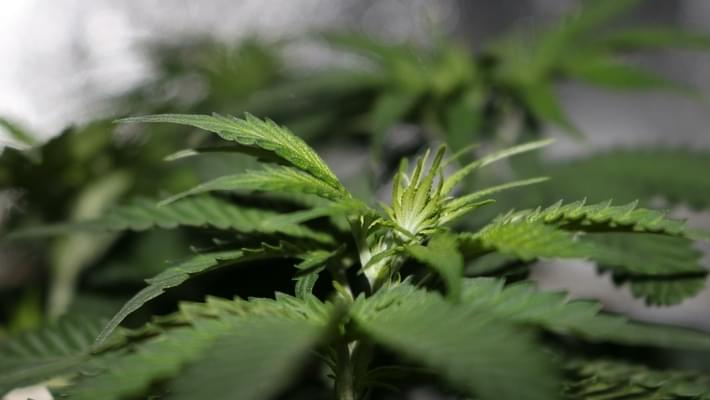
Traveling with Medical Marijuana? What the TSA Wants You to Know
Published on 6/17/18
Medical marijuana is legal in 29 states in the US and is used to treat a plethora of illnesses for Americans and others around the world, however traveling around the country or across national borders is not recommended when carrying cannabis. Although you might think that traveling between to states with legalized medical or recreational cannabis would be okay, the truth is it's the act of crossing state lines that makes it a crime. Transporting cannabis across state lines is a felony and neither legal age adults, patients, or even businesses are permitted to do it. While driving across these borders may not seem so threatening, attempting to bring cannabis on a plan could get you into serious trouble depending on where you are and where you're going. Some airports in legal states do not explicitly prohibit cannabis, however most around the US do. TSA operates under federal authority and though their primary concern is terrorism and keeping passengers safe, their protocol is treat all illegal items the same and hand them over to local law enforcement who will decide if you must throw it away, keep it, or even be arrested. The climate over legal cannabis is making big positive changes but consumers and patients should still be aware that not everywhere is a cannabis safe space and there can still be legal ramifications.
These range from being asked to dump your weed at the airport, to having to deal with local law enforcement, to getting a prison sentence (in certain countries with a hardline stance against marijuana).
Donna Shields, a registered dietitian and co-founder of the Holistic Cannabis Academy, said that any time you travel outside your state with marijuana — whether it’s by plane, train, or bicycle — you’re transporting a federally restricted substance across state lines.
“People sometimes think transporting marijuana from one legalized state to another — California to Washington, for example — makes it OK, but it’s not,” said Shields. “It’s the act of crossing the border that makes it illegal. Plain and simple.”
